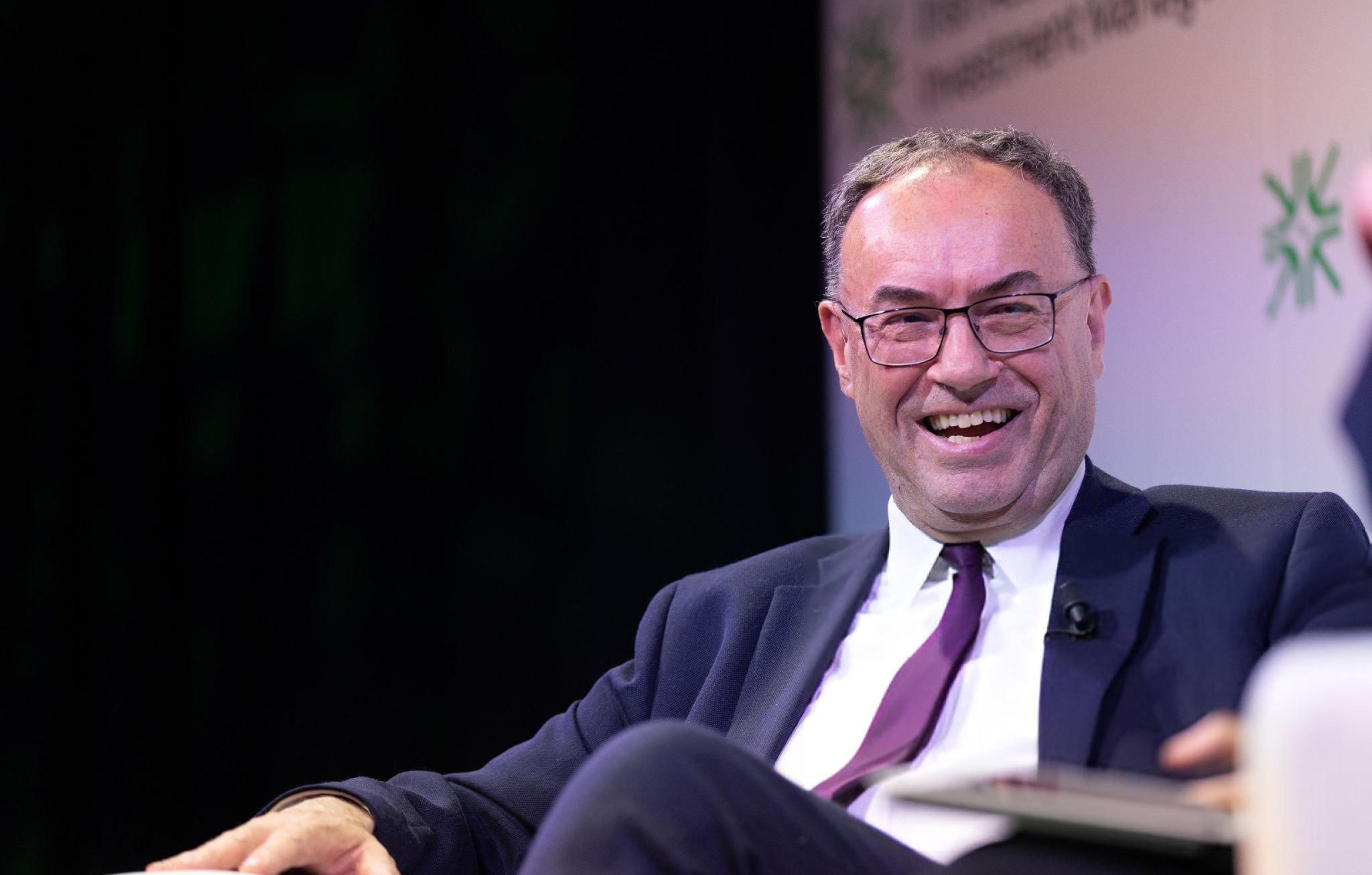The Governor of the Bank of England has praised the UK Government’s recent steps to strengthen its relationship with the European Union, describing them as vital to softening the economic consequences of Brexit. Speaking in Dublin on Thursday, Andrew Bailey urged policymakers on both sides to continue working towards closer collaboration, particularly in trade.
Referring specifically to post-Brexit disruptions, Mr Bailey said: “We should do all we can to minimise negative effects on trade.” His remarks come amid renewed efforts by the UK to rebuild links with the EU, following years of strained relations since the 2016 referendum.
A key development in this thawing relationship was the implementation of the Windsor Framework in 2023. This agreement, which amended the Northern Ireland Protocol, redefined how goods move between Northern Ireland, the rest of the UK, and the EU. Mr Bailey welcomed the framework as a “step forward” in re-establishing smoother trade links, particularly across the Irish Sea.
He said: “The Windsor Framework was a welcome step forward. So too are the initiatives of the current UK Government to rebuild trade between the UK and EU.”
The Government’s recent announcement of a new bilateral deal with the EU has added further momentum to this direction of travel. Under the new arrangements, British tourists will enjoy faster entry into many EU countries through access to passport e-gates, and UK farmers and food producers will benefit from eased export processes due to veterinary and plant health alignment.
The deal also outlines future cooperation on defence, security, and education. A “youth experience scheme” is set to be introduced, allowing young Britons to live, work, and travel more freely within the EU — a move widely seen as a gesture towards rebuilding the lost freedoms of movement post-Brexit.
Labour leader Sir Keir Starmer welcomed the agreement last week, calling it an opportunity to “move on from the stale old debates and political fights”. He stressed the importance of forward-looking, practical steps to rebuild trust and cooperation between the UK and its European neighbours.
Mr Bailey’s comments on Thursday echoed sentiments he shared earlier this month in an interview with the BBC, prior to the announcement of the latest UK-EU deal. He noted that reversing the decline in UK-EU trade would be “beneficial” for the economy and urged caution in any future decisions that could further harm trade.
“It is important we do everything we can to ensure that whatever decisions are taken on the Brexit front do not damage the long-term trade position,” he said. “So I hope that we can use this to start to rebuild that relationship.”
His remarks carry significant weight, coming at a time when UK businesses continue to face difficulties in accessing European markets. Post-Brexit red tape, customs checks, and regulatory divergence have all contributed to a sharp drop in UK-EU trade volumes over the past few years.
The Bank of England has previously warned that Brexit will have a long-term impact on the UK’s productivity and potential output. While Mr Bailey refrained from making political statements, his support for renewed economic cooperation reflects concerns among economic leaders about the drag on growth caused by continued trade barriers.
The latest developments indicate a shift towards pragmatic engagement with the EU, focusing on sector-specific arrangements and regulatory alignment that aim to reduce friction without reopening broader constitutional questions about EU membership.
As the UK prepares for a general election, economic stability and international cooperation are likely to be key issues. Mr Bailey’s remarks suggest that from a central banking perspective, any initiative that improves trade ties with Europe is a welcome one.






